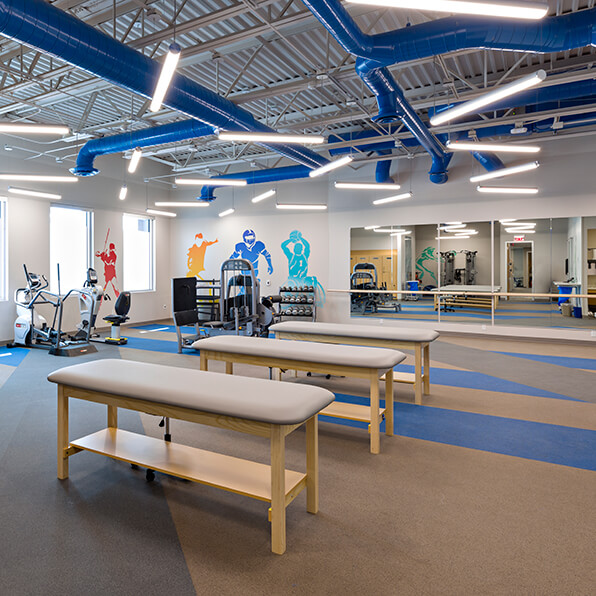What differentiates Mayo Clinic
There’s nothing like the uncomfortable feeling of having a constant popping in your shoulder. Here at the Shoulder Instability Clinic, we can fix that. You’ll get a diagnosis for the type of shoulder instability you have, and then work with a team of experts to develop your custom, comprehensive care plan.
Because shoulder instability can occur in a number of different forms and levels of severity, it’s key to get the correct diagnosis early and start the right treatment pathway as soon as possible. Mayo Clinic Orthopedics and Sports Medicine will get you the right answer, the first time so you won’t have to endure ineffective treatments time and again. Many patients can be treated without surgery with a focus on physical therapy and strength training, while others may need surgery in order to restore the necessary stability to the shoulder joint.
You have the entire spectrum of professionals needed to identify, diagnose, and treat shoulder instability at your fingertips. Our philosophy focuses on making the correct diagnosis early on, which can significantly improve the chances of success and potentially reduce the need for surgery. That’s why you can be confident in the expert care provided by sports medicine physicians, orthopedic surgeons, physical therapists, athletic trainers, musculoskeletal radiologists, and strength and conditioning coaches. They’re with you every step of the way, and collaborate with each other throughout your journey to ensure you get the best outcome possible.
Some of the possible conditions and treatment plans include:
Conditions
- Shoulder instability (also referred to as shoulder dislocations, subluxations, and glenohumeral joint dislocations)
- Anterior instability (dislocation occurs towards the front)
- Posterior instability (dislocation occurs towards the back)
- Multidirectional instability
Treatment options
- Non-surgical: physical therapy to improve shoulder strength, muscular stability, posture, and dynamic control of the shoulder blades; maintain strength and stability with an ongoing strengthening program developed for your at-home use.
- Surgery is often the best option for restoring shoulder stability and optimizing function if you:
- Have multiple episodes of instability
- Are at high risk for recurrence
- Have additional injuries (I.e. fractures, rotator cuff tears)
Make an appointment to learn more about your shoulder instability. A consultation with one of our experts will give you answers and hope for a pain-free future.
















